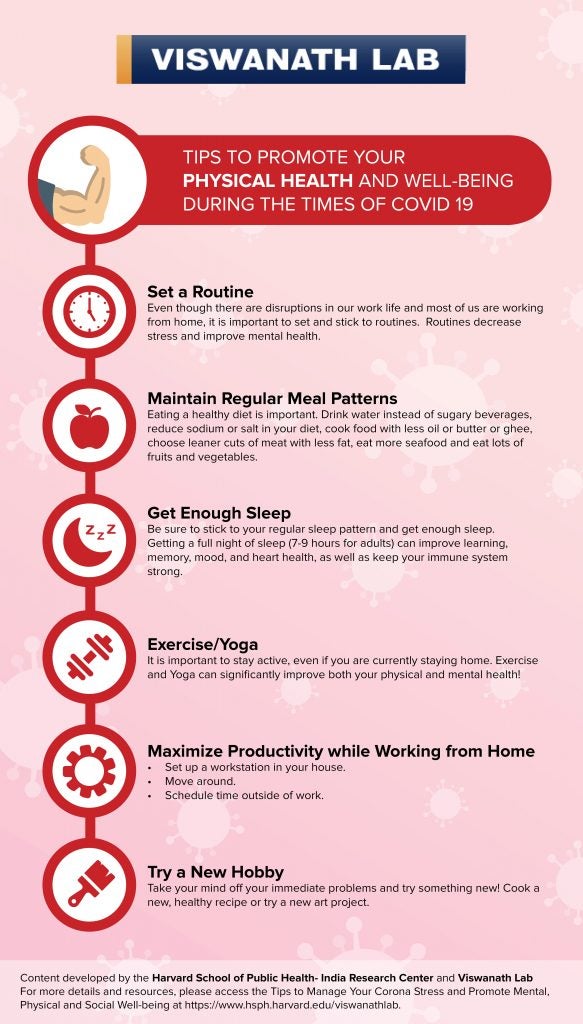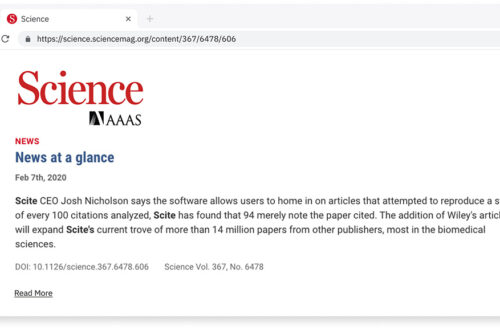Setting Goals and Managing Time Effectively
Establishing clear goals for your Ph.D. journey
When embarking on a Ph.D. journey, it is essential for students to establish clear and achievable goals. By outlining specific objectives, individuals can stay focused and motivated throughout their academic endeavors. Whether it’s completing research milestones or publishing papers, setting goals provides a roadmap for success and helps track progress effectively.Implementing effective time management strategies
In addition to goal-setting, implementing effective time management strategies is crucial for Ph.D. students. By prioritizing tasks, creating schedules, and avoiding procrastination, individuals can optimize their productivity and ensure timely completion of their academic work. Proper time management also allows for a healthy work-life balance, reducing stress and enhancing overall well-being during the Ph.D. journey.
Building a Strong Support System
Forming relationships with peers, advisors, and mentors
In navigating the challenges of a Ph.D. journey, students benefit greatly from forming strong relationships with their peers, advisors, and mentors. These connections provide valuable support, guidance, and opportunities for collaboration. By engaging with individuals who share similar academic interests or have valuable experience, students can gain insights, feedback, and encouragement to help them overcome obstacles and achieve their academic goals.Utilizing resources available at your university or institution
Another key aspect of building a strong support system during a Ph.D. journey is making the most of the resources available at your university or institution. From academic workshops and research facilities to counseling services and career development programs, these resources can enhance your academic experience and help you address various challenges effectively. By actively seeking out and utilizing these resources, students can expand their knowledge, skills, and networks, ultimately enriching their academic journey.
Prioritizing Self-Care and Well-Being
Taking care of your physical health and mental well-being
In the demanding journey of a Ph.D., students must prioritize self-care by addressing their physical health and mental well-being. It is essential to maintain a healthy lifestyle through proper nutrition, regular exercise, and sufficient rest to support overall well-being. Additionally, seeking support from counselors or mental health professionals can help manage stress and maintain emotional balance throughout the academic pursuit.Recognizing and managing stress effectively
Recognizing the signs of stress and implementing effective stress management techniques is crucial for Ph.D. students. Engaging in activities such as mindfulness, meditation, or hobbies can help alleviate stress and prevent burnout. Setting realistic goals, establishing boundaries, and seeking social support are also effective strategies for managing stress levels during this challenging academic journey.Cultivating Research and Writing Skills
Developing a strong research methodology
In the pursuit of a Ph.D., developing a robust research methodology is essential for students. It involves identifying the right research questions, selecting appropriate methods, and conducting thorough literature reviews. By honing these skills, individuals can ensure the credibility and validity of their research findings, leading to academic success and contributions to their field of study.Enhancing your academic writing skills for publications and dissertations
Enhancing academic writing skills is crucial for Ph.D. students aiming to publish their work and complete dissertations. By mastering effective communication, proper citation practices, and structuring complex arguments, individuals can convey their research clearly and persuasively. Additionally, seeking feedback from mentors and peers can help refine writing techniques and ensure the quality of scholarly output.Engaging in Networking and Collaboration
Attending conferences and academic events
In the academic journey towards a Ph.D., attending conferences and academic events is crucial for expanding knowledge and building professional connections. By engaging with peers and experts in the field, individuals can gain valuable insights, feedback, and potential collaboration opportunities. Participation in these events allows researchers to stay updated on the latest advancements, share their findings, and receive constructive criticism, ultimately enhancing their research quality and visibility.Building collaborations with other researchers in your field
Collaborating with fellow researchers in the same field can lead to exciting projects and groundbreaking discoveries. By fostering partnerships, sharing resources, and pooling expertise, researchers can tackle complex challenges more effectively. These collaborations not only enrich the research process but also open doors to new perspectives and potential interdisciplinary studies. Building a network of collaborators enhances academic credibility and facilitates the exchange of innovative ideas within the research community.
Facebook
Twitter
LinkedIn






